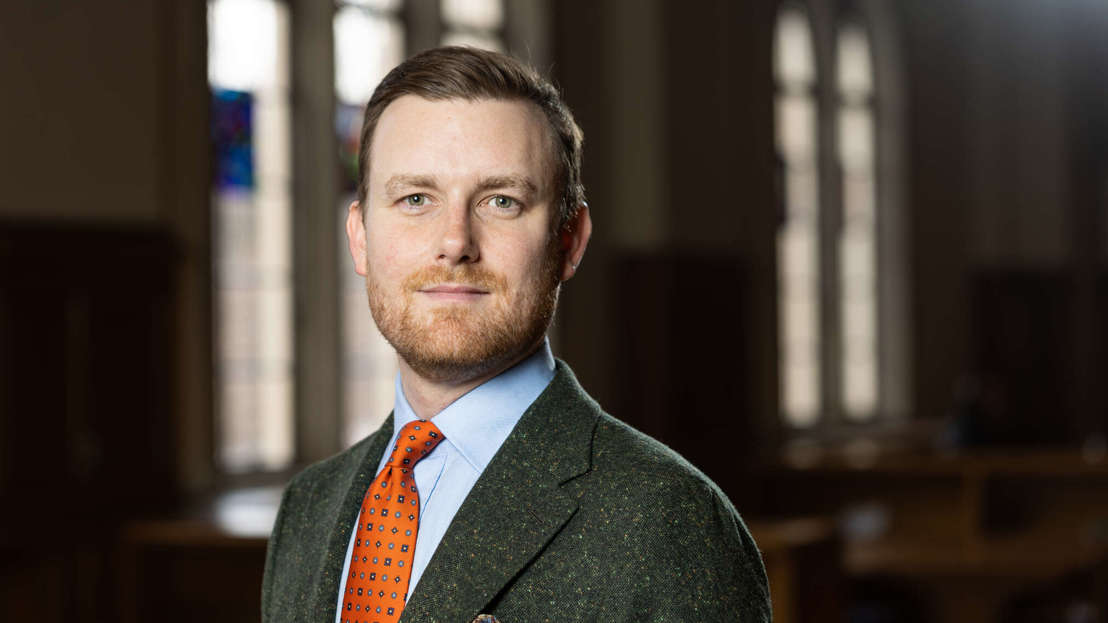Appointment of Dr. David Williard as Faculty Director of the Selim Center for Lifelong Learning
Introduction
Dr. David Williard, an associate professor of history at the University of St. Thomas, has been appointed as the new faculty director of the Selim Center for Lifelong Learning, effective July 1. This leadership transition follows the retirement of Bob Shoemake, the current director, at the end of June.
Professional Background and Experience
Since joining the University of St. Thomas in 2012, Dr. Williard has contributed significantly to the Selim Center’s mission. His involvement includes:
- Serving as a frequent lecturer and advisory board member since 2015.
- Collaborating on program development across six thematic series, teaching or co-teaching over 20 courses.
- Co-directing the “We March for Justice” travel program, fostering intergenerational dialogue among diverse participants.
These roles demonstrate his commitment to intergenerational learning and community engagement, aligning with the center’s objectives.
Vision and Strategic Goals
As faculty director, Dr. Williard aims to:
- Collaborate with stakeholders on and off campus to enhance programming tailored to adult learners’ evolving needs.
- Strengthen connections between the Selim Center and university alumni.
- Maintain the center’s status as a vital public resource.
Alignment with Sustainable Development Goals (SDGs)
The Selim Center’s work under Dr. Williard’s leadership contributes to several United Nations Sustainable Development Goals, including:
- SDG 4: Quality Education – By providing accessible, high-quality lifelong learning opportunities for adults aged 40 and older, the center promotes inclusive and equitable education.
- SDG 3: Good Health and Well-being – Programs that foster growth in mind, body, and spirit support holistic well-being among adult learners.
- SDG 10: Reduced Inequalities – The center’s intergenerational and community engagement initiatives encourage social inclusion and reduce age-related disparities.
- SDG 17: Partnerships for the Goals – Collaboration with faculty, civic leaders, and alumni exemplifies effective partnerships to advance educational and social objectives.
About the Selim Center for Lifelong Learning
Established over 51 years ago at the University of St. Thomas, the Selim Center is dedicated to engaging adult learners through lifelong and intergenerational educational programming. Its mission supports continuous personal and intellectual development, fostering a community of learners aged 40 and above.

1. Sustainable Development Goals (SDGs) Addressed or Connected
- SDG 4: Quality Education – The article focuses on lifelong learning and educational opportunities for adult learners, which aligns with ensuring inclusive and equitable quality education.
- SDG 10: Reduced Inequalities – The Selim Center’s mission to engage diverse age groups and backgrounds promotes social inclusion and reduces inequalities.
- SDG 3: Good Health and Well-being – The center promotes growth in mind, body, and spirit, contributing to overall well-being.
- SDG 11: Sustainable Cities and Communities – By fostering community engagement and intergenerational learning, the center supports inclusive and sustainable communities.
2. Specific Targets Under Those SDGs
- SDG 4: Quality Education
- Target 4.3: Ensure equal access for all adults to affordable and quality technical, vocational, and tertiary education, including university.
- Target 4.7: Ensure that all learners acquire knowledge and skills needed to promote sustainable development, including education for sustainable lifestyles and global citizenship.
- SDG 10: Reduced Inequalities
- Target 10.2: Empower and promote the social, economic, and political inclusion of all, irrespective of age, gender, or background.
- SDG 3: Good Health and Well-being
- Target 3.4: Promote mental health and well-being.
- SDG 11: Sustainable Cities and Communities
- Target 11.3: Enhance inclusive and sustainable urbanization and capacity for participatory, integrated, and sustainable human settlement planning and management.
3. Indicators Mentioned or Implied to Measure Progress
- SDG 4 Indicators
- Indicator 4.3.1: Participation rate of youth and adults in formal and non-formal education and training.
- Indicator 4.7.1: Extent to which education for sustainable development and global citizenship is mainstreamed at all levels.
- SDG 10 Indicators
- Indicator 10.2.1: Proportion of people living below 50% of median income, by age, gender, and persons with disabilities (implied through promoting inclusion of diverse age groups).
- SDG 3 Indicators
- Indicator 3.4.2: Suicide mortality rate (implied focus on mental health and well-being).
- SDG 11 Indicators
- Indicator 11.3.1: Ratio of land consumption rate to population growth rate (implied through community engagement and sustainable urban planning).
4. Table of SDGs, Targets, and Indicators
| SDGs | Targets | Indicators |
|---|---|---|
| SDG 4: Quality Education |
|
|
| SDG 10: Reduced Inequalities |
|
|
| SDG 3: Good Health and Well-being |
|
|
| SDG 11: Sustainable Cities and Communities |
|
|
Source: news.stthomas.edu







